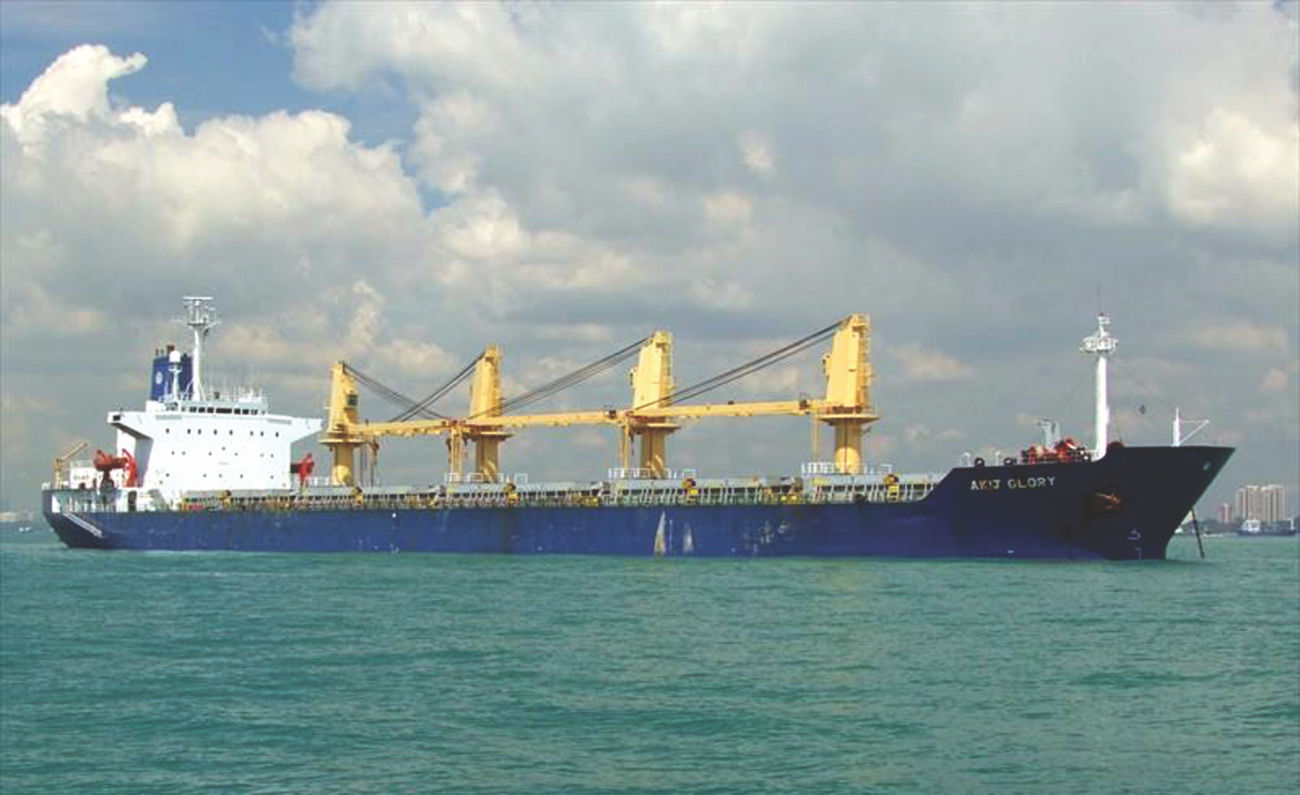Local conglomerates who once rushed to buy reconditioned ocean-going vessels are now selling off the ships as scrap to stem further losses, industry insiders said.
The trend is bad news for prospective mariners, whose job scope had widened when the entrepreneurs started pouring money into the ships.
Between 2009 and 2012, local entrepreneurs bought 48 ocean-going ships to take the country’s total flag carriers to 72, according to Bangladesh Ocean Going Ship Owners Association. Before that there were only 24 ships.
Of the 72 ships, 30 have already been sold in the last two years, mostly as scrap, said Habibur Rahman, secretary general of the association, adding that another 4-5 ships are no longer operative.
The main reason for selling off the ships is their age, he said. Many of them are over 25 years old and need special permission to sail through different routes and ports. Plus, their operating costs are high.
For instance, Mostafa Kamal, chairman of Meghna Group of Industries, recently sold one of his three vessels for $11 million (Tk 85 crore), although he bought it at $23.5 million (more than Tk 183 crore).
He runs his two other ships on short routes — Thailand and Vietnam — to carry raw materials for cement manufacturing. Yet, the operation is not sustainable as the costs are as high as on long-routes, he said.
Former commerce minister Amir Khasru Mahmud Chowdhury, who had three ships, sold all of them, with two of them going as scrap.
East Coast Group has sold out its bulk ship, a 100,000 tonne-capacity one, as scrap metal after just three years of use.
The operating cost per day for an ocean-going ship hovers between $7,000 and $10,000. If a ship sits idle for a day or is used for one-way business, it has to count huge losses.
“The job losses of the crew members are a big concern for us,” said Rahman, who was also the former principal officer of Mercantile Marine Department.
A ship employs 20-22 crew members, with seven of them being officers who earn up to $12,000 per month as salary.
The previous government’s friendly policy decisions, such as the reduction of registration costs, allocation of frequency and ship station licences, encouraged local entrepreneurs to buy ocean-going vessels to ply on foreign waters.
For example, the registration fee for a 40,000-tonne ship was Tk 10 crore but it was brought down to only Tk 50 lakh by the previous government.
The declining market price of ships since the global financial crisis in 2007 also pushed local businesses to procure ships at lower prices.
Depending on the age, a 40,000-tonne ship could be bought for as low as Tk 70 crore to Tk 100 crore, while the bigger, bulkier ships cost Tk 150 crore to Tk 200 crore.
Conglomerates such as Abul Khair Group, Bashundhara Group, Akij Group, Meghna Group of Industries, East Coast Group, Desh Bandhu Group, HRC Group, Ratanpur Shipping, Trans Ocean Group and so on bought two to three ships or more between 2009 and 2012.
Source: The Daily Star










